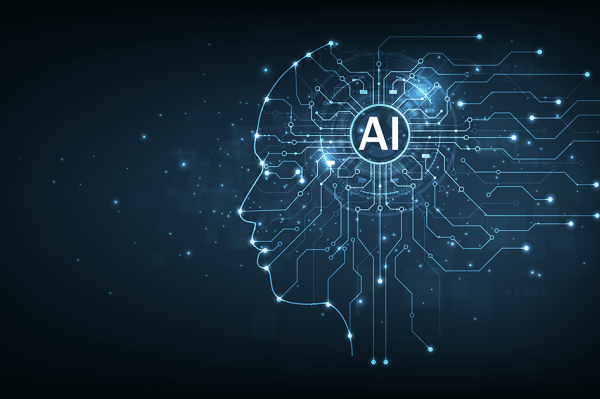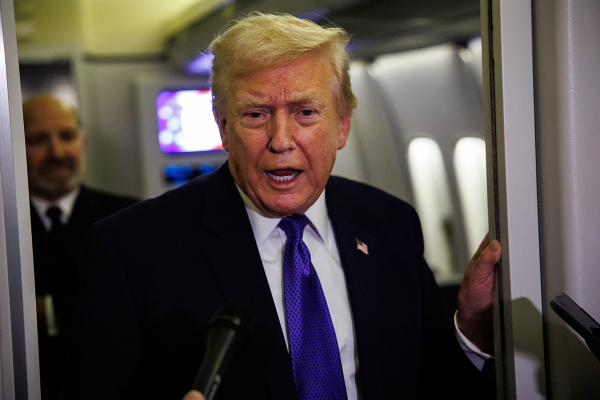Turkish Writer Says the Caliphate Will Return Again When President Recep Tayyip Erdogan Wins the Election in 2019

Turkish writer close to President Erdogan of Turkey said that the caliphate will return again with the victory of incumbent President Recep Tayyip Erdogan presidential election 2019.
During his participation in a conference in Canada, the pro-Erdogan Turkish writer Abdul Rahman Dilibak said that "if Erdogan wins the presidency next year, he will become the Caliph and that the [Islamic] caliphate will have commissioners working from the rooms of the presidential palace that has 1,000 rooms".
He added that the caliphate has moved to the Turkish parliament, stressing that if Erdogan wins the presidency, it means that he will appoint advisers from all Muslim regions of the Caliphate from various Islamic countries and will be opened in the palace. These will commission the Islamic Union to have representatives of the areas of the caliphate in the thousand rooms.
And its not only Dilbik, a member of the Governing Council of the Ruling Justice and Development Party in the town of Avellar in the city of Aydin, Suad Onal, has already mentioned through his account on his Facebook that "Erdogan will become the Caliph in 2023 and Allah will shed his light upon him."
Turkey is scheduled to hold local elections on March 24 next year and parliamentary and presidential elections will be held on November 3, 2019.
What is happening with Turkey, and also what is happening in the political climate of Europe, are presaging signs of another coming great war. What we see in both Turkey and Europe is a rise of nationalism, and violent nationalism if left unchecked, will implode into a very bloody conflict.
And if one thinks that Turkey is a small threat, lets take a trip into the past history, to see how Turkey, even when it was wounded, was a formidable contender in battle during World War I.
When the Ottoman Empire entered the war, the British saw the Turks as a push over, as the weakest ally of the Germans and Austrian-Hungarians. While the Ottomans were called "the sick man of Europe," the reality is that it was not an easy target. While the British got easy victories in Iraq — in the Battle of Basra and the Battle of Shaiba –, and in Egypt with the battle over the Suez, they were horrifically vanquished in the battle over Gallipoli and over the Dardanelles in 1915 and 1916, with hundreds of thousands of British and French causalities.
The defeat of the Entente in the Dardanelles was a turning point in the war. From the British gaining easy victories over the Ottomans, now the Ottomans showed that they could indeed win major battles. Turkish forces would invade the British protectorate in South Yemen, and became a major threat to the British controlled city of Aden; the Turks would also take 120 miles of Egyptian coastline from the British.
The Ottomans crushed the British in the Battle of Ctesiphon (also known as the Battle of Salman Pak) in November of 1915. The battle began when four columns of British troops headed against the Ottoman frontline, thinking that the element of surprise was on their side. The opposite was true. The Turks were the ones who had surprise on their side as they ambushed the British with heavy gunfire. "Almost directly under fire from guns," wrote Captain Lecky. "Rifle fire incessant until about 4 p.m. Fighting very severe."
For four hours the British and Turks fought and killed each other with bayonets and hand-to-hand combat. The British eventually took the frontline trenches of the Ottomans, but not without great losses. By the end of the first day of fighting, the British lost 40 percent of its forces (the Ottomans lost 50 percent). "All day getting in wounded," recounted Captain Lecky, "hundreds still untreated, no stretchers, no morphia, no opium, nothing for them."
The British and the Turks continued to fight into the night. "About 10 p.m.," Lecky recorded, "while creeping along the Dorsets' trench we were heavily attacked. Wounded had an awful bad time, they were still lying out in open behind trenches. Our guns were close up, firing point-blank, and one could hear the [Turkish] officers urging the enemy on, a devil of a night." The British were not able to withstand the Turkish onslaught, and eventually retreated from Salman Pak.
For a week British soldiers marched, constantly under fire from Turkish troops. On December 2nd, the British finally reached the city of Kut where they would take refuge. By the eighth of December, the Turks had the city of Kut surrounded, and the horrific Siege of Kut began. "The Turks set about drenching the place with shells," British soldier G.L. Heawood remembers, "and when they got closer they swept all the flat ground with machine gun fire; from this day the river bank sniping also got serious."
The Ottomans bombarded the British with heavy bombing on Christmas Eve, smashing holes into the mud brick walls surrounding the city. G.L. Heawood recounted: "After dusk they kept assaulting and bombing all through the night. ...They had obtained a footing in one bastion of the Fort, and a temporary barricade had been built up out of hay bales, store tins, flour bags, and everything that could be got handily. The enemy were on one side and our people on the other and bombing at this barricade went on most of the night and all the heavier casualties of Christmas were here."
The Turks attacked the British trenches only to suffer heavy losses. There were so many Turkish dead near the British trenches that many of the British, having compassion, tried to rescue the wounded Turks who were left on the battlefield. British soldiers would throw bottles of water and bread at the Turkish wounded as well. Even in the horrors of war, compassion is still there.
More and more fighting went on. After four days of fighting at a tributary of the Tigris river, called al-Wadi, the British had 1,600 dead and wounded. When they fought at Hanna in January, the British suffered losses higher than those of the Ottomans. A relief force was expected to come to the aid of the British, but it was not happening anytime soon. "I fear it looks as though our relieving force are not strong enough to push through and are digging themselves in ... and awaiting reinforcements ... Bad look out as no doubt the Turks will be heavily reinforced by then ... but are we downhearted? No-o-o-o".
When the British fought the Ottomans at Dujaila, they had three times more casualties than the Turks. The British were devastated, and eventually called for a truce after tens of thousands either were killed or wounded. (1) The Battle of Kut proved one thing: the Ottomans were never the sick man of Europe. People today may think that they are weak, but they are a dangerous force, more than what we like to think. And lets not forget, that if it were not for the Germans — with their U-boats and the commanders, like Leman von Sanders and Colmar Freiherr von der Goltz, who led the Turks in battle — the Ottomans would have not been the threat that they were. As it was in the past, so shall it be in the future. The Turco-German alliance will come.
For a good history book on the fall of the Ottomans, read The Fall of the Ottomans by Eugene Rogan. For more articles like this visit www.shoebat.com





















